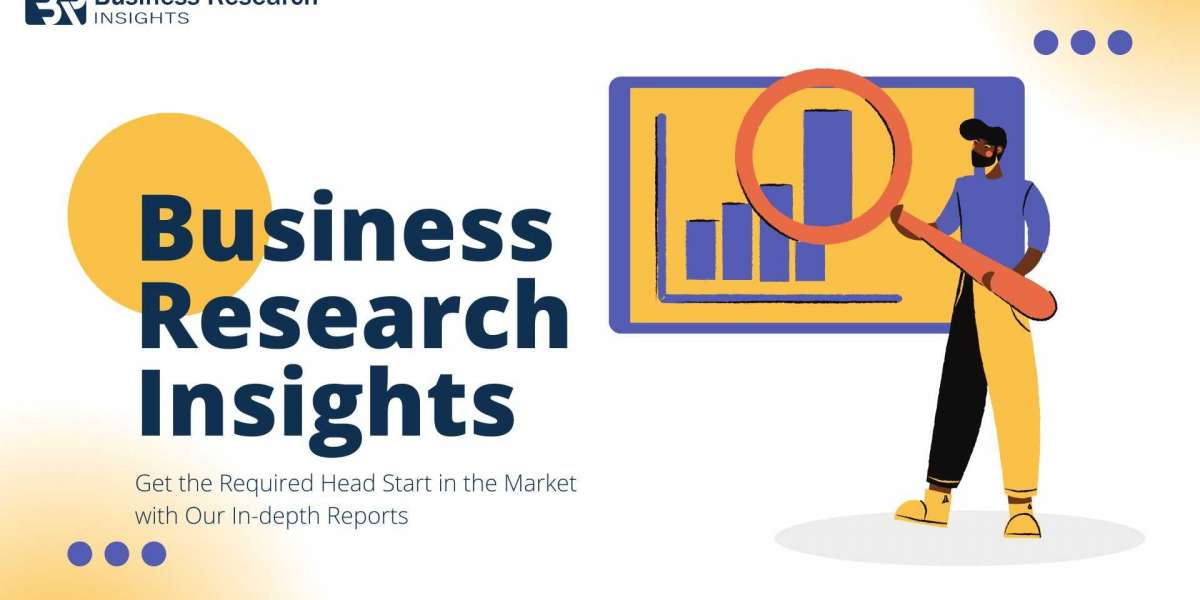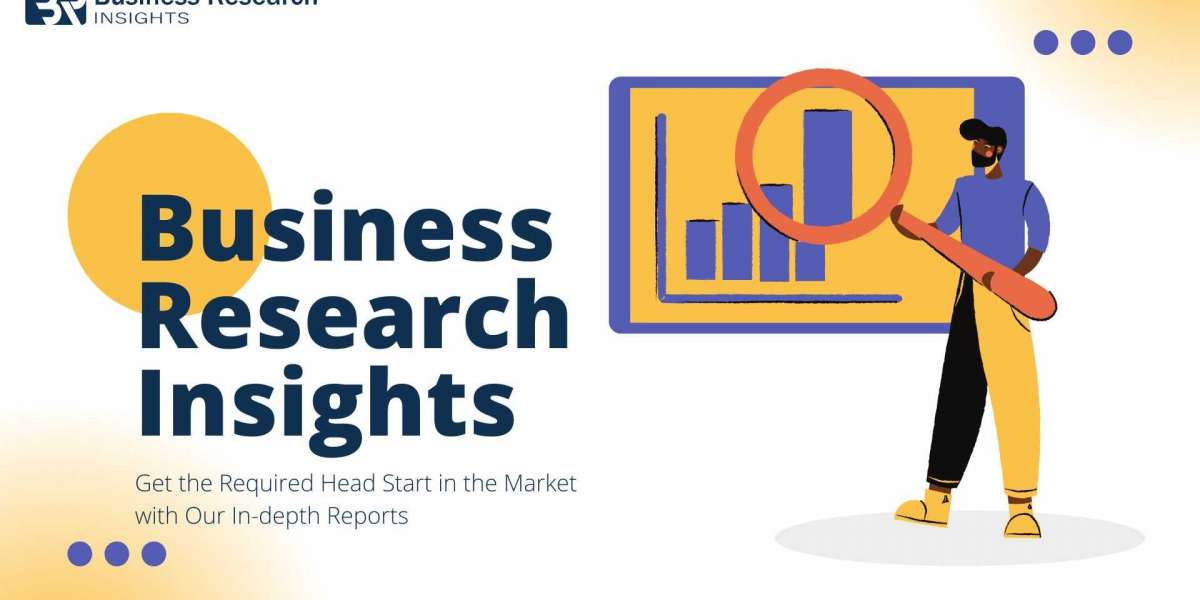Addiction can cause distress and problems in personal relationships, work and home life. Addiction is a mental health issue that changes the brain and can affect mood, thinking and behavior.
It causes intense cravings for a particular substance or activity, loss of control over use and continuing involvement despite adverse consequences. Treatment includes behavioral therapies and medications.
Comorbid Disorders
Comorbid disorders are two or more health conditions that co-exist. They can be physical or mental in nature and they usually affect people at the same time, either simultaneously or one after the other. Some comorbidities have common underlying causes or risk factors while others are simply caused by another condition, its symptoms or treatment.
Many mental illness symptoms and drug abuse are actually a result of comorbid mental illness, as people will often self-medicate or use drugs or alcohol to relieve the painful symptoms of their mental health conditions. In addition, long-term drug or alcohol use can alter the structure and function of certain parts of your brain.
It is important to note that comorbidity is different from a complication, as a complication is an additional medical issue unrelated to the primary disease. For example, someone who is taking medication for depression and develops a sprained ankle would be described as having a complication. However, when referring to mental health and substance abuse issues, comorbidity is more appropriately referred to as dual diagnosis.
Treatment
Often, mental health disorders and addiction can occur together. This is referred to as co-occurring disorders or dual diagnosis and is extremely common. People with one condition are twice as likely to develop the other, according to research from SAMHSA.
Both psychiatric conditions and addictive behaviors affect parts of the brain responsible for reward, motivation, learning and memory. Over time, this leads to compulsive behavior and a lack of control over one’s choices, no matter the cost.
When left untreated, comorbid conditions can exacerbate each other. For example, if you have depression and begin to abuse drugs, your depressive symptoms may become worse because of the way that drug use changes how your brain responds to dopamine.
Treatment options can include talk therapy and medications. Integrated, residential programs that offer both mental health and substance abuse services are usually the best option for those with severe comorbid disorders. These programs provide comprehensive care that helps individuals understand the interplay between their conditions and how they influence each other.
Getting Help
The first step in getting help for a mental health condition or addiction is talking to your doctor. An evaluation will help you understand the severity of the problem and identify the best treatment options.
People with mental health conditions are twice as likely to have a drug abuse disorder, according to SAMHSA. They may use drugs as a way of self-medicating their symptoms or the drugs may trigger or exacerbate their psychological problems.
A wide variety of treatments are available for drug addiction and mental health problems. These include medications to control drug cravings and withdrawal symptoms, talk therapy such as cognitive behavioral therapy or dialectical behavior therapy and support groups such as Alcoholics Anonymous or SMART Recovery.
The cost of treatment can be high, but many resources are available for those with low incomes. Your state’s substance abuse prevention program may provide free or low-cost treatment services. A free helpline, 211, can connect you with local services.
Support
It is important for those who struggle with mental health issues to receive proper care and support. It is also equally important for those who struggle with addiction to know that there are resources available to them. Addiction is a disease that can affect a person’s ability to work, maintain healthy relationships and deal with daily stress. It is not something that a person chooses to have and it cannot be treated if it is ignored.
It is not uncommon for people with mental health problems to turn to drugs and alcohol as a way to self-medicate. While it may alleviate some of the symptoms of depression or anxiety in the short term, it can cause more harm than good in the long run and can lead to addiction. Getting help is crucial for both conditions and can improve recovery rates. Treatment can include medication, psychotherapy and self-help activities. Combined treatment is more effective than treating one disorder at a time.








